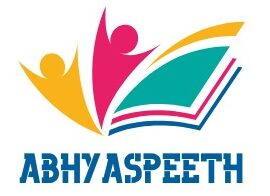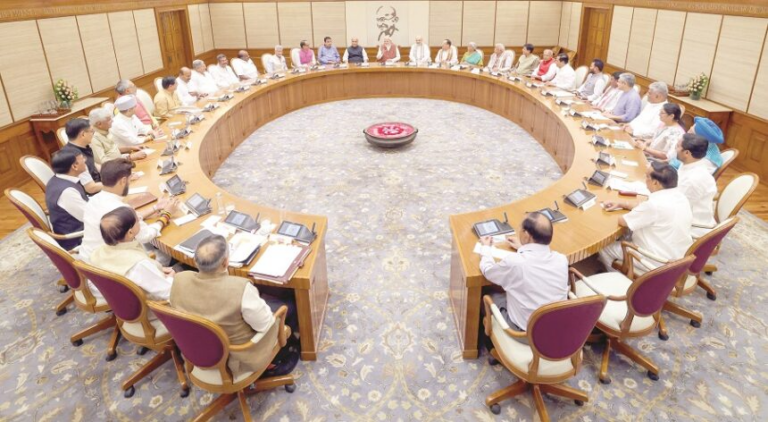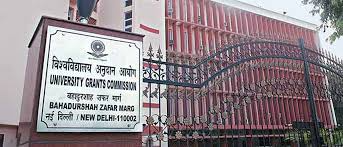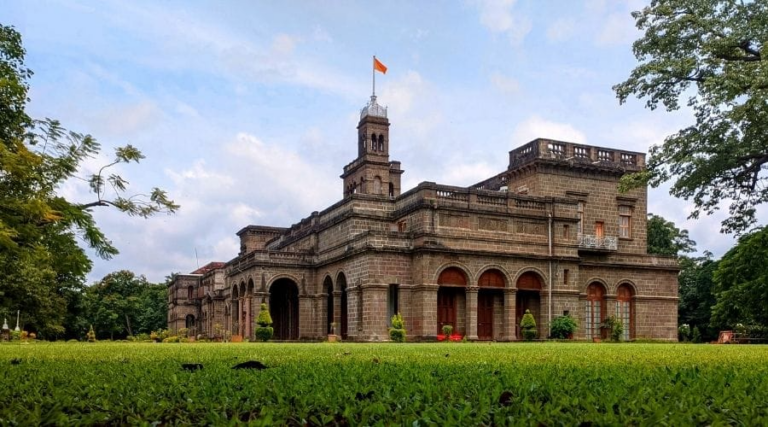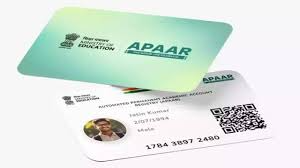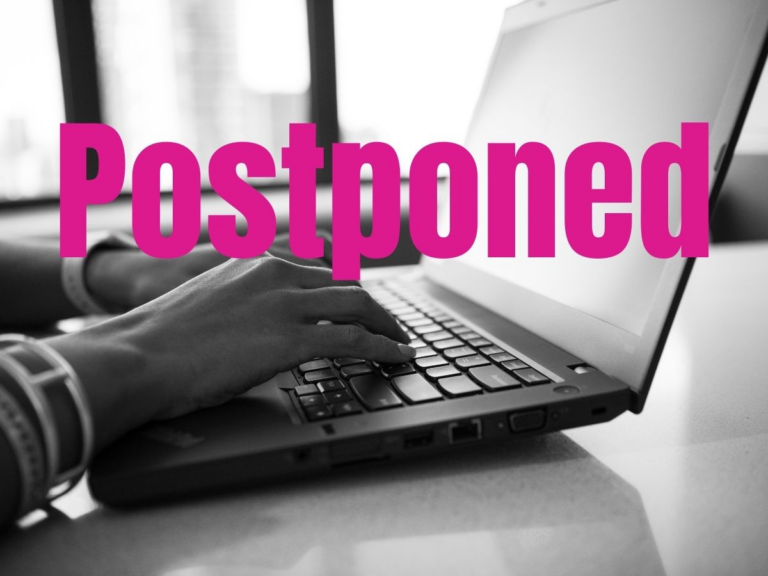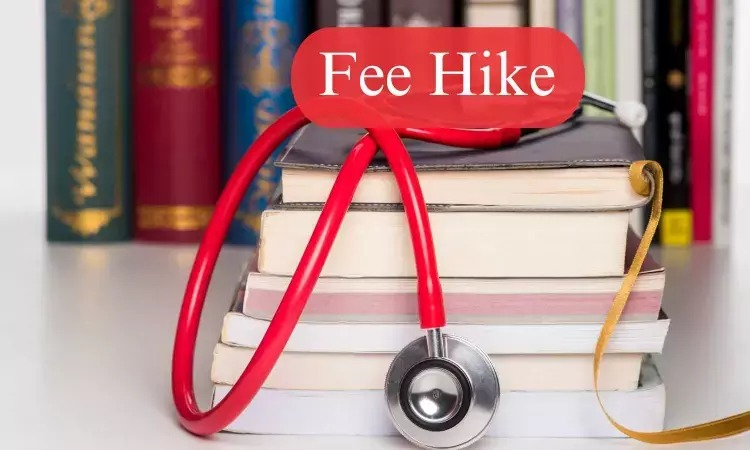
India: The escalating cost of school education in India is becoming a serious burden—not just for low-income families but increasingly for the middle and upper-middle class as well. A recent report has highlighted that private school fees across the country have surged between 50% and 80% over the past three years (2022–2025), causing growing alarm among parents.
The findings come from a national survey conducted by the NGO LocalCircles, released on April 4, 2025. It gathered responses from 31,000 parents spanning 309 districts. According to the survey, 44% of parents reported a 50–80% hike in school fees, while 8% claimed the increase exceeded 80%. These steep hikes are predominantly seen in private institutions, especially those offering international curricula.
This sharp increase is placing immense financial pressure on families. Many parents now find themselves resorting to loans just to cover the cost of their children’s education. Alarmingly, only 7% of respondents believe that state governments are taking meaningful action to regulate these rising costs. A staggering 93% feel there is little to no oversight, allowing schools to set fees arbitrarily.
Metropolitan areas like Bengaluru, Delhi, and Hyderabad are at the centre of this issue. In Hyderabad, for instance, several schools have reportedly doubled their fees for entry-level classes, from LKG to Class III, sparking widespread discontent.
While school administrations justify these hikes as necessary to support teacher salaries, infrastructure, and modern facilities, many parents argue that the increases are profit-driven and lack transparency. One parent from Mumbai shared that their child’s annual school fees jumped from ₹1 lakh to ₹1.8 lakh in just three years. This kind of increase is unsustainable for most households, especially when incomes haven’t kept pace.
The problem isn’t confined to major cities either. Schools in smaller towns have also raised their fees significantly. The term eduflation—inflation in the cost of education—is becoming more relevant as schooling increasingly becomes a luxury only the wealthy can afford. The April 6, 2025, update on the issue shows that parents are often forced to cut back on essential expenses or take on debt to keep their children in school.
Despite a 2021 Supreme Court ruling that permitted private schools to determine their fee structures, the court also emphasised the need for effective regulation to prevent profiteering. Unfortunately, this regulation remains weak or poorly enforced in many states. Although Maharashtra has attempted to put limits on fee hikes, the implementation has been patchy at best.
Parents across the country are now calling for urgent government intervention. They argue that education is a fundamental right, not a privilege, and that unchecked fee hikes will only deepen social and economic inequalities. There is a growing consensus that meaningful dialogue between the government and private institutions is essential to ensure affordable, quality education for all.
